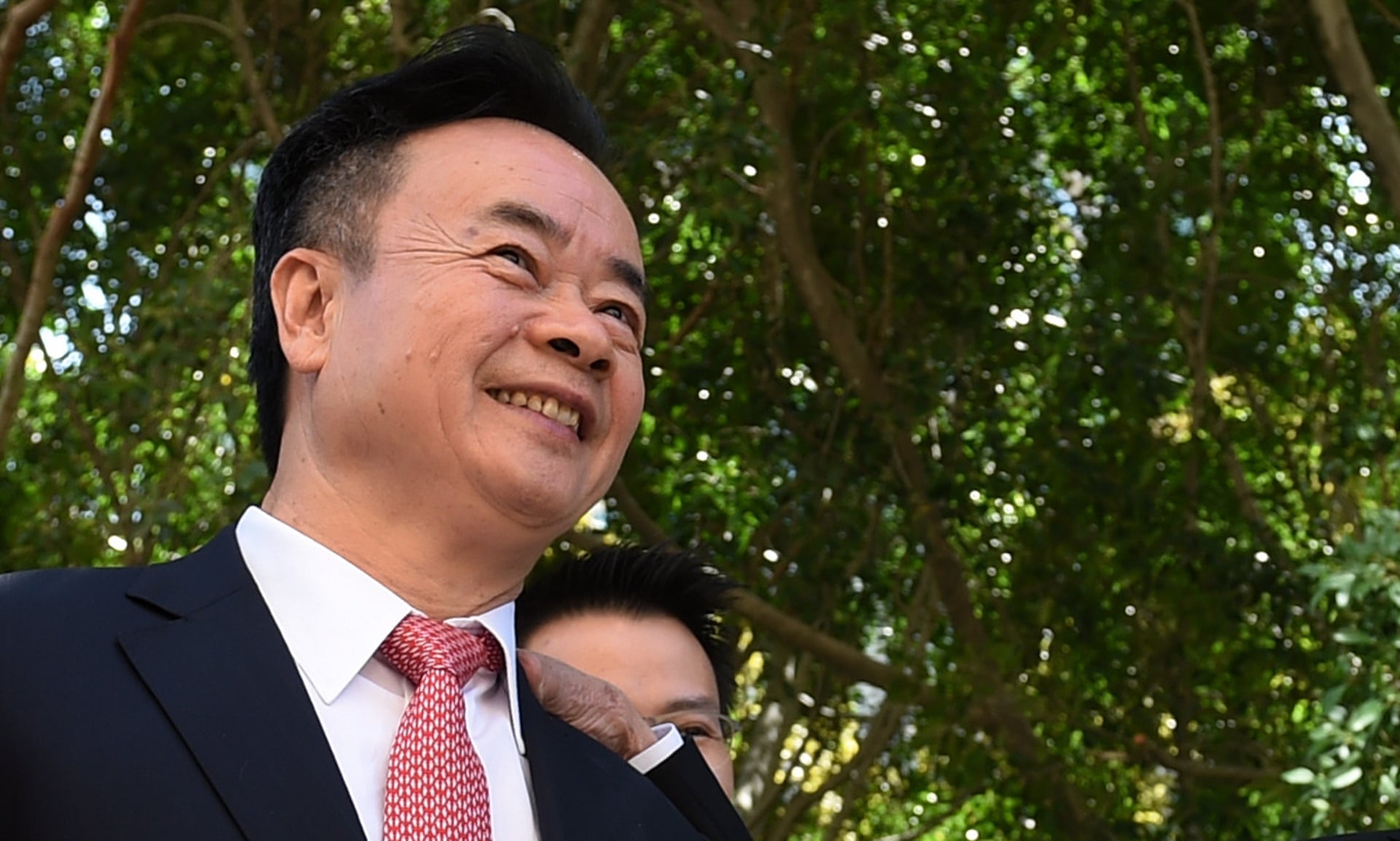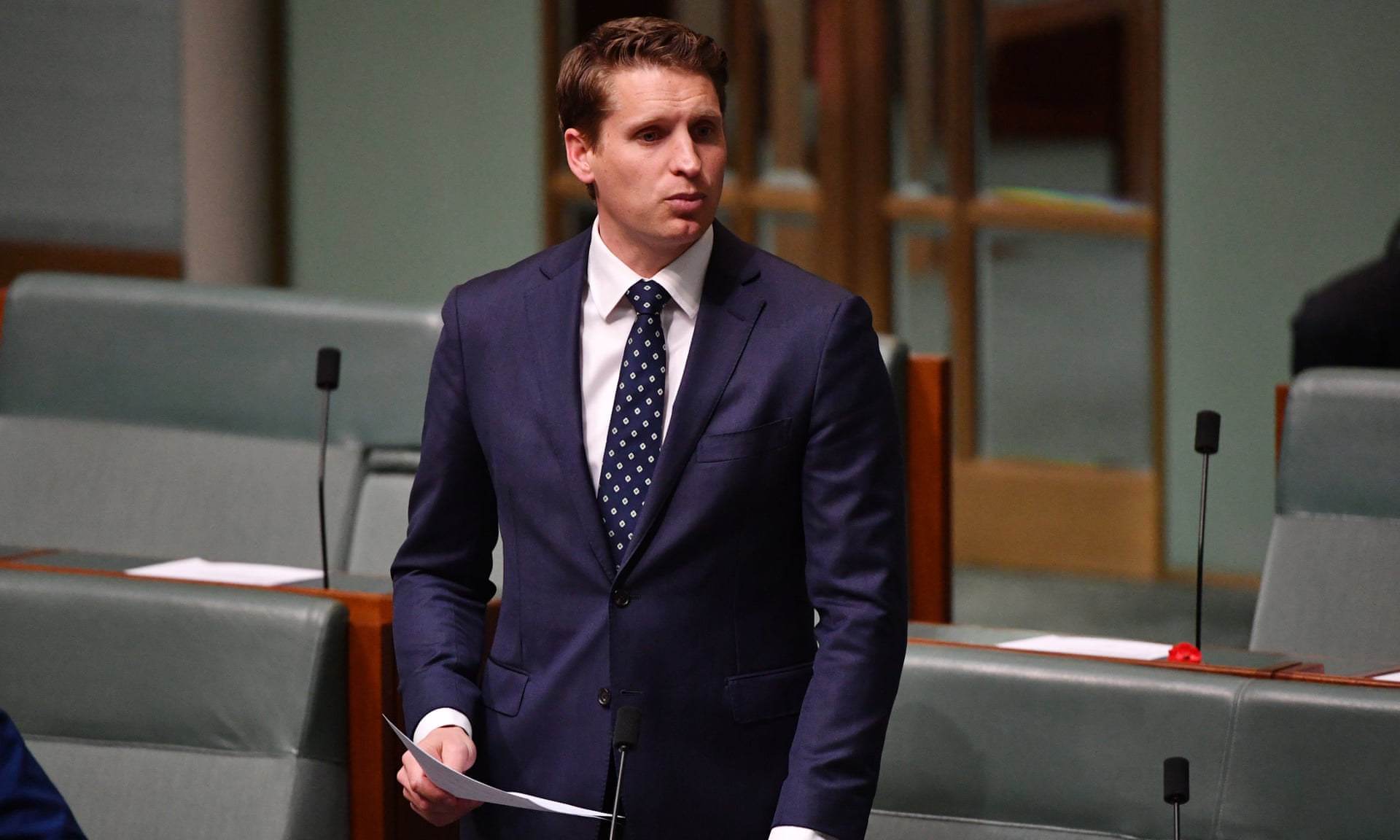By Paul Krugman

Trump announced this week that he was working with XiJinping to help save ZTE.
Did the president of the United States just betray the nation’s security in return for a bribe from the Chinese government?
Don’t say that this suggestion is ridiculous: Given everything we know about Donald Trump, it’s well within the bounds of possibility, even plausibility.
Don’t say there’s no proof: We’re not talking about a court of law, where the accused are presumed innocent until proved guilty.
Where the behavior of high officials is concerned, the standard is very nearly the opposite: They’re supposed to avoid situations in which there is even a hint that their actions might be motivated by personal gain.
Oh, and don’t say that it doesn’t matter one way or the other, because the Republicans who control Congress won’t do anything about it.
Oh, and don’t say that it doesn’t matter one way or the other, because the Republicans who control Congress won’t do anything about it.
That in itself is a key part of the story: An entire political party — a party that has historically wrapped itself in the flag and questioned the patriotism of its opponents — has become entirely complaisant in the possibility of raw corruption, even if it involves payoffs from hostile foreign powers.
The story so far: In the past few years ZTE, a Chinese electronics company that, among other things, makes cheap smartphones, has gotten into repeated trouble with the U.S. government.
The story so far: In the past few years ZTE, a Chinese electronics company that, among other things, makes cheap smartphones, has gotten into repeated trouble with the U.S. government.
Many of its products contain U.S. technology — technology that, by law, must not be exported to embargoed nations, including North Korea and Iran.
But ZTE was circumventing the ban.
Initially, the company was fined $1.2 billion.
Initially, the company was fined $1.2 billion.
Then, when it became clear that the company had rewarded rather than punished the executives involved, the Commerce Department forbade U.S. technology companies from selling components to ZTE for the next seven years.
And two weeks ago the Pentagon banned sales of ZTE phones on military bases, following warnings from intelligence agencies that the Chinese government may be using the company’s products to conduct espionage.
All of which made it very strange indeed to see Trump suddenly declare that he was working with Xi Jinping of China to help save ZTE — “Too many jobs in China lost” — and that he was ordering the Commerce Department to make it happen.
It’s possible that Trump was just trying to offer an olive branch amid what looks like a possible trade war.
And two weeks ago the Pentagon banned sales of ZTE phones on military bases, following warnings from intelligence agencies that the Chinese government may be using the company’s products to conduct espionage.
All of which made it very strange indeed to see Trump suddenly declare that he was working with Xi Jinping of China to help save ZTE — “Too many jobs in China lost” — and that he was ordering the Commerce Department to make it happen.
It’s possible that Trump was just trying to offer an olive branch amid what looks like a possible trade war.
But why choose such a flagrant example of Chinese misbehavior?
Which was why many eyes turned to Indonesia, where a Chinese state-owned company just announced a big investmentin a project in which the Trump Organization has a substantial stake.
That investment, by the way, is part of the Belt and Road project, a multinational infrastructure initiative China is using to reinforce its economic centrality — and geopolitical influence — across Eurasia.
That investment, by the way, is part of the Belt and Road project, a multinational infrastructure initiative China is using to reinforce its economic centrality — and geopolitical influence — across Eurasia.
Meanwhile, whatever happened to that Trump infrastructure plan?
Back to ZTE: Was there a quid pro quo?
Back to ZTE: Was there a quid pro quo?
We may never know.
But this wasn’t the first time the Trump administration made a peculiar foreign policy move that seems associated with Trump family business interests.
Last year the administration, bizarrely, backed a Saudi blockade of Qatar, a Middle Eastern nation that also happens to be the site of a major U.S. military base.
Why?
Well, the move came shortly after the Qataris refused to invest $500 million in 666 Fifth Avenue, a troubled property owned by the family of Jared Kushner, the president’s son-in-law.

Qatar may be about to make a deal on 666 Fifth Avenue, a troubled property owned by the family of Jared Kushner, the president’s son-in-law.
And now it looks as if Qatar may be about to make a deal on 666 Fifth Avenue after all.
I wonder why?
Step back from the details and consider the general picture.
Step back from the details and consider the general picture.
High officials have the power to reward or punish both businesses and other governments, so that undue influence is always a problem, even if it takes the form of campaign contributions or indirect financial rewards via the revolving door.
But the problem becomes vastly worse if interested parties can simply funnel money to officials through their business holdings — and Trump and his family, by failing to divest from their international business dealings, have basically hung a sign out declaring themselves open to bribery (and also set the standard for the rest of the administration).
And the problem of undue influence is especially severe when it comes to authoritarian foreign governments.
But the problem becomes vastly worse if interested parties can simply funnel money to officials through their business holdings — and Trump and his family, by failing to divest from their international business dealings, have basically hung a sign out declaring themselves open to bribery (and also set the standard for the rest of the administration).
And the problem of undue influence is especially severe when it comes to authoritarian foreign governments.
Democracies have ethical rules of their own: Justin Trudeau would be in big trouble if Canada were caught funneling money to the Trump Organization.
Corporations can be shamed or sued.
But if Xi Jinping or Vladimir Putin make payoffs to U.S. politicians, who’s going to stop them?
The main answer is supposed to be congressional oversight, which used to mean something.
The main answer is supposed to be congressional oversight, which used to mean something.
If there had been even a whiff of foreign payoffs to, say, Gerald Ford or Jimmy Carter, there would have been bipartisan demands for an investigation — and a high likelihood of impeachment.
But today’s Republicans have made it clear that they won’t hold Trump accountable for anything, even if it borders on treason.
All of which is to say that Trump’s corruption is only a symptom of a bigger problem: a G.O.P. that will do anything, even betray the nation, in its pursuit of partisan advantage.
But today’s Republicans have made it clear that they won’t hold Trump accountable for anything, even if it borders on treason.
All of which is to say that Trump’s corruption is only a symptom of a bigger problem: a G.O.P. that will do anything, even betray the nation, in its pursuit of partisan advantage.







